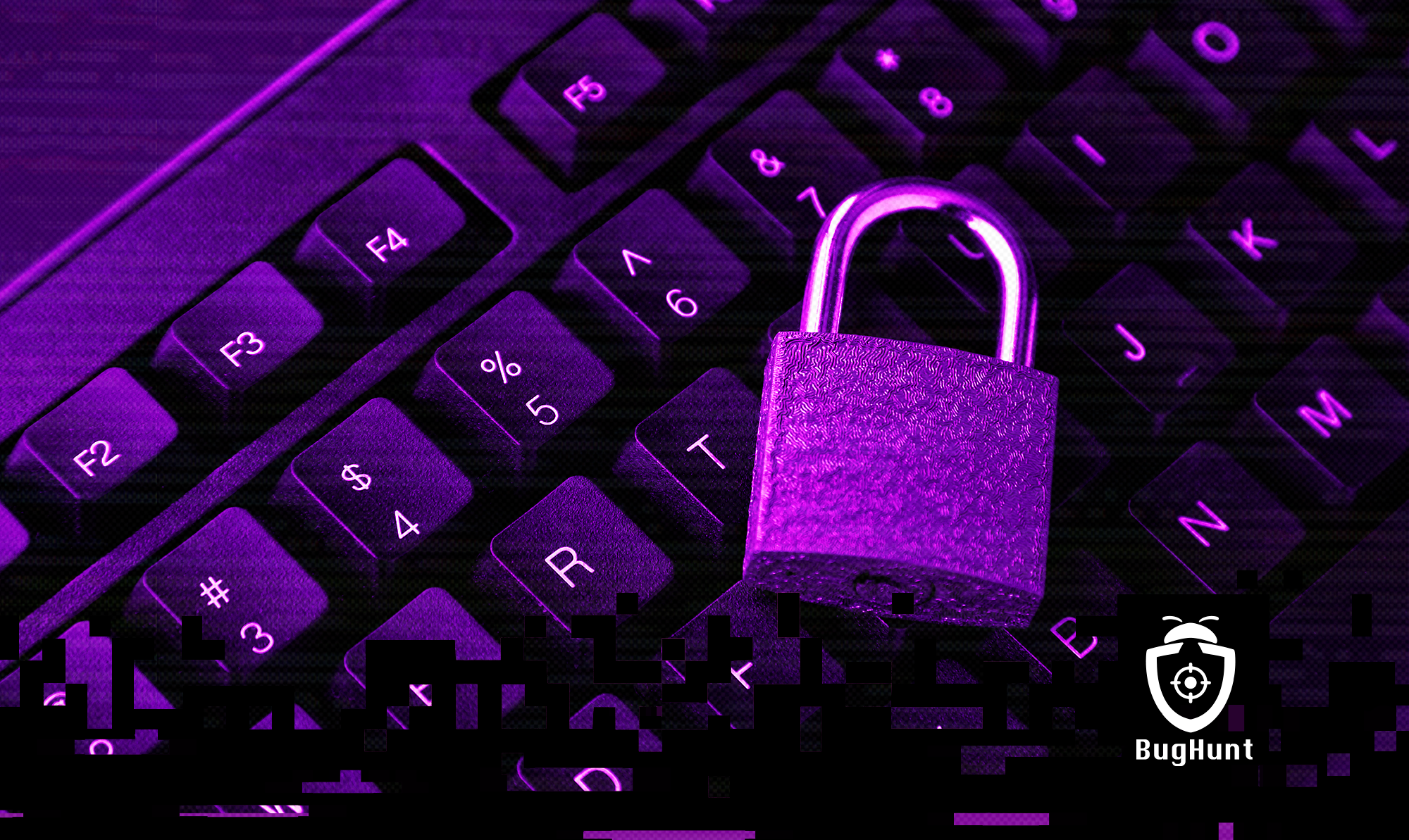What is the role of the data protection officer in information security?

Since the LGPD came into effect, most companies have needed to adapt to this law that aims to protect data and digital privacy. In this context, the data protection officer has taken on a fundamental role in companies, helping them navigate this transition and remain compliant with the LGPD.
Currently, according to the 2nd National BugHunt Survey on Information Security, 79% of companies are now compliant with the LGPD, and it is important to highlight the role of the data protection officer in this evolution.
But who is the officer responsible for handling personal data, and what do they do? Continue reading this article to learn more about this professional's role in companies.
Who is the data protection officer? Commonly known as Data Protection Officer (DPO), the data protection officer is a key professional for implementing and ensuring compliance with data protection regulations, such as the LGPD.
The DPO is typically a person or role responsible for overseeing issues related to personal data protection and privacy within an organization.
It's important to note that having a DPO may be mandatory in some jurisdictions, depending on the volume and nature of personal data an organization processes.
Moreover, the presence of a DPO demonstrates the company's commitment to data protection and facilitates its relationship with regulatory authorities, such as the ANPD.
What are the functions of a data protection officer? The data protection officer plays an essential role in ensuring that companies handling personal data comply with the General Data Protection Law. This means the DPO is practically a guardian of the principles of the LGPD within companies, ensuring relationships with authorities and compliance with the legislation.
Here are some specific functions this professional performs in organizations:
Compliance supervisionThe DPO is responsible for ensuring that the organization complies with data protection laws. This involves reviewing and monitoring the company's policies and practices to ensure alignment with regulations.
Education and trainingWorking collaboratively with the CISO, the DPO provides necessary training and guidance to ensure employees follow best practices and are aware of digital threats, thereby ensuring everyone understands their responsibilities regarding personal data protection.
Communication with Data Protection AuthoritiesIn the event of data breaches or other data protection-related issues, the DPO acts as the point of contact between the organization and data protection authorities, ensuring all notification requirements are met.
Internal advisoryThe DPO provides guidance to the organization on how to comply with data protection regulations, including conducting Data Protection Impact Assessments (DPIAs) when necessary.
Data security monitoringOne of the DPO's roles is to monitor all security measures for personal data during processing, ensuring that appropriate measures are in place to protect this information from security threats.
Promoting privacy awarenessThe DPO is also responsible for promoting privacy awareness among employees and fostering a culture of data protection throughout the organization.
Responding to data subject requestsThe DPO is the main point of contact for individuals whose sensitive information the organization collects, handling requests for access, correction, or deletion of their personal information.
Documentation and record maintenanceOne of the DPO's key responsibilities is to document and maintain records of all activities related to data processing and protection, ensuring they are up to date to avoid issues during inspections and serve as input for annual reports.
Internal auditsTo anticipate potential irregularities before any notification, the DPO can conduct periodic internal audits to assess the organization's compliance with current data protection laws.
How can Bug Bounty assist the data protection officer's work? First and foremost, it’s important to know that Bug Bounty optimizes the identification of vulnerabilities within companies, providing more direction for information security actions.
In this way, Bug Bounty helps the data protection officer identify irregularities in systems, configurations, and assets that may compromise the protection and privacy of data subjects, making organizations as a whole more secure.
Want to know more about how Bug Bounty can help your company stay secure and avoid issues with authorities? Click this link to schedule a conversation with BugHunt.

